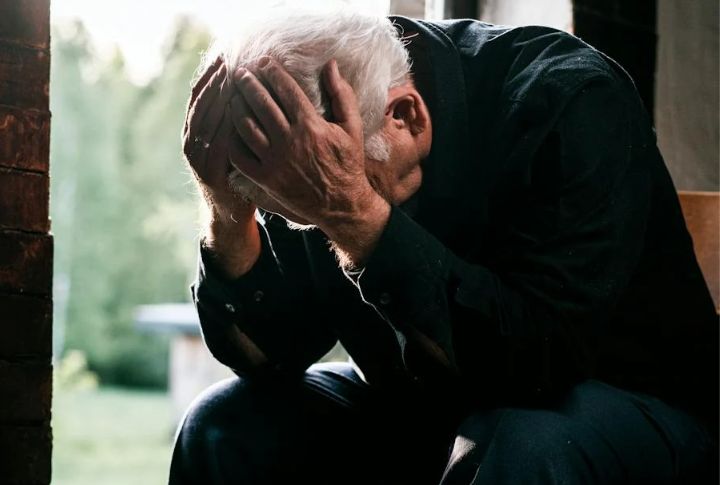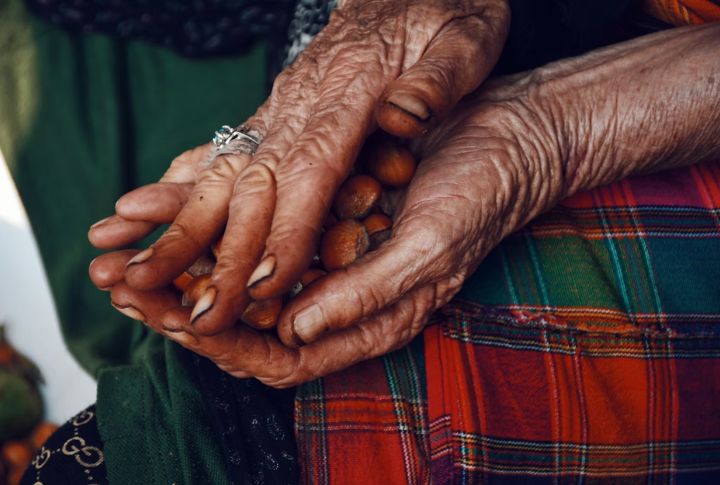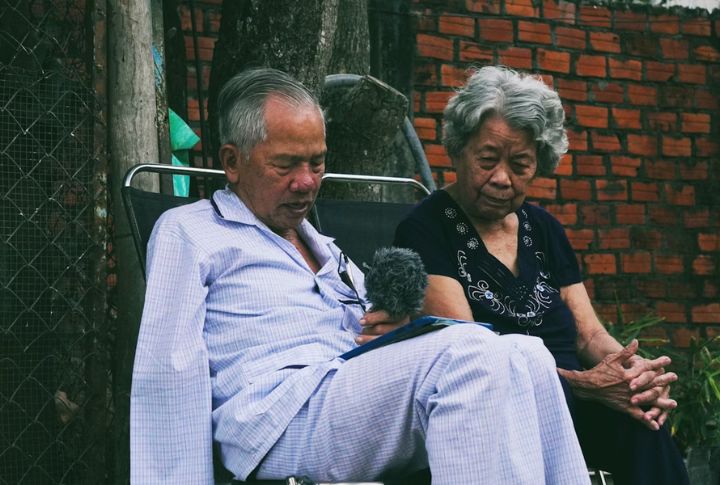
There’s no big announcement when things start slipping. The changes are barely there until suddenly, they’re all you notice. Maybe it’s how they sit longer in silence or drift off mid-thought. If your parent seems different in ways you can’t explain, don’t shrug it off just yet. Here are 10 small but telling signs worth paying attention to.
Eating And Drinking Less Than Usual

A slowing metabolism usually leads to reduced appetite and delayed digestion. Meals once enjoyed may now be left untouched. This isn’t apathy; it’s a physical transition. Without regular food and fluids, dehydration and rapid weight loss set in. Ice chips and moistened swabs may become preferred.
Cool Or Discolored Extremities

Hands or legs sometimes feel cold or look bluish as circulation slows. Blood is redirected to vital organs, causing the limbs to pale or darken with mottled patterns. Though it can be unsettling, this is a natural part of the body’s process. Gently covering them brings comfort; no need to panic or overreact.
Confusion, Restlessness, Or Hallucinations

Confusion and restlessness usually stem from reduced oxygen or chemical imbalances. Watch for signs like picking at bedding or calling out randomly. Some may speak to unseen figures, especially late relatives. Provide calm surroundings and consider professional comfort care to reduce distress and help them feel secure.
Sudden Weight Drop Or Gaunt Appearance

A noticeable loss of weight over a short time can signal a deeper change. As appetite fades, the body begins to shed both fat and muscle. Clothes that once fit well may start to hang loosely, and facial features like cheekbones and collarbones can become more defined. This shift often points to the body slowing down in its final stages.
Increased Sleeping Or Withdrawal From Activities

Have they started sleeping most of the day or ignoring things they once enjoyed? Long naps, quiet moments, and skipped conversations often show up near the end. This is not boredom or sadness but a shift in energy. Let them rest without interruption. Just being nearby can bring more comfort than words ever will.
Skin Thinning Or Easy Bruising

Poor nutrition and circulation make skin fragile, shiny, papery, and even translucent. Minor bumps leave visible bruises. Purple blotches mostly show on arms and legs, and wounds may linger without healing. To help, handle with care and keep the skin moisturized to avoid irritation.
Unusual Stillness Or Lack Of Expression

Stillness for hours without response may signal that the body is letting go. Facial expressions can flatten, and some stop blinking entirely. Muscle tone fades, making the body rigid or slack. A fixed gaze, sometimes called the “death stare,” is common. Stay present and create a calm environment to ease their sense of disconnection.
Unpredictable Temperature Swings

The body gradually struggles to regulate temperature, leading to sudden shifts. Hands and feet tend to feel cold, while the chest sweats. These changes aren’t due to the weather. Fevers or chills sometimes happen without illness. Keep comfort in mind; blankets might need adjusting throughout the day to help balance warmth and cooling.
Decreased Urine Output Or Incontinence

As the body begins to slow, urine often becomes darker with a stronger smell due to declining kidney function. There may also be sudden incontinence, even when a person is still alert. A noticeable drop in output can be another sign of this shift. Using absorbent pads and gentle hygiene routines helps reduce discomfort.
Reduced Verbal Communication

Talking may slow down or stop completely, replaced by gentle cues—eye contact, small nods, or a squeeze of the hand. A familiar voice or song might light something up. In these moments, the connection doesn’t fade. It simply finds new ways to show up without needing words.

